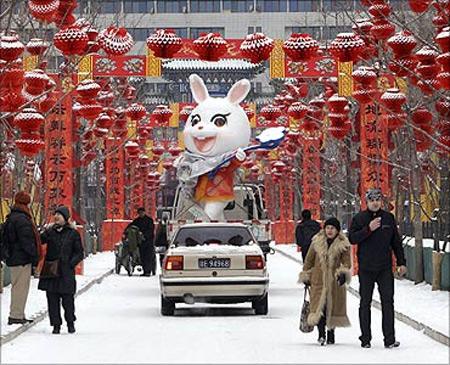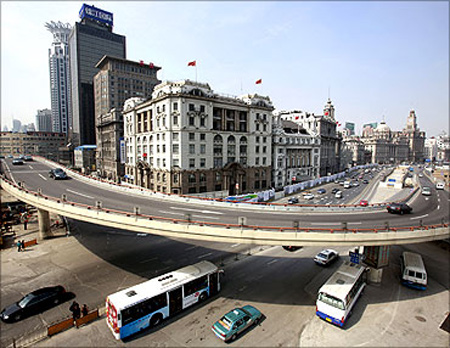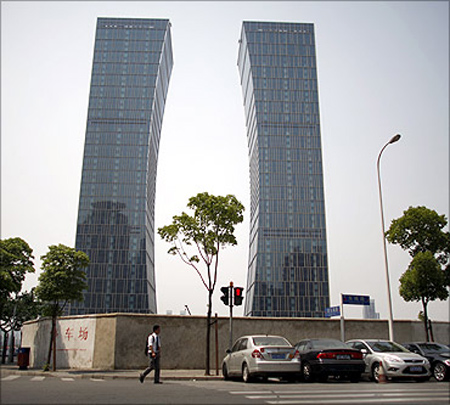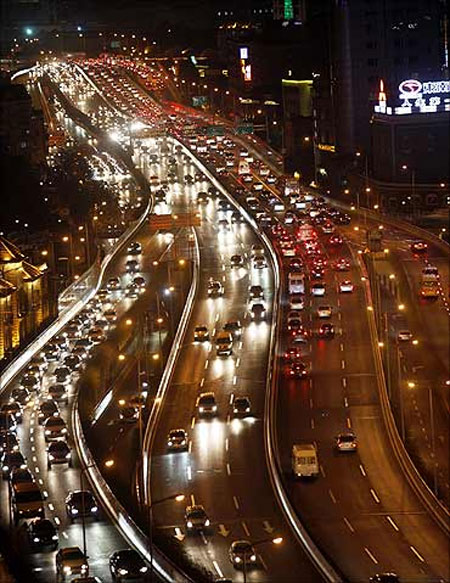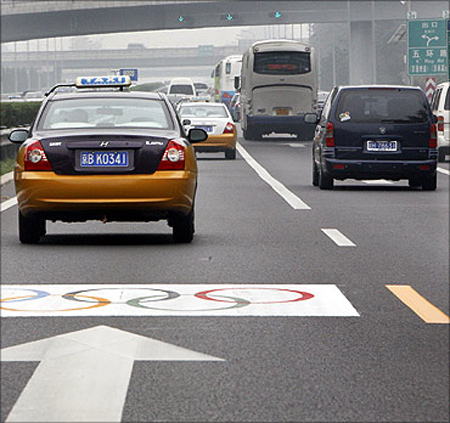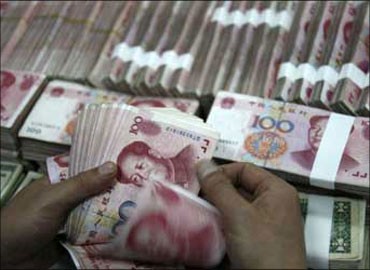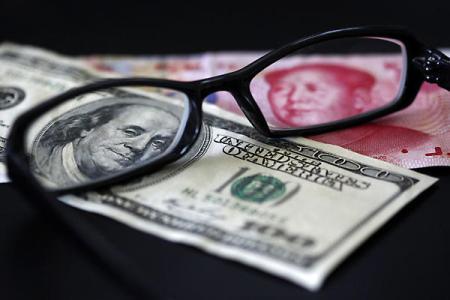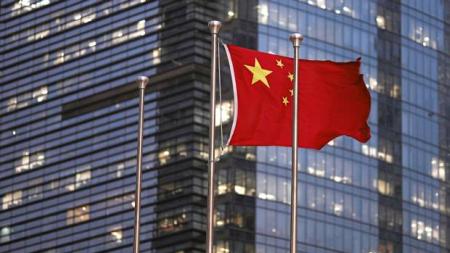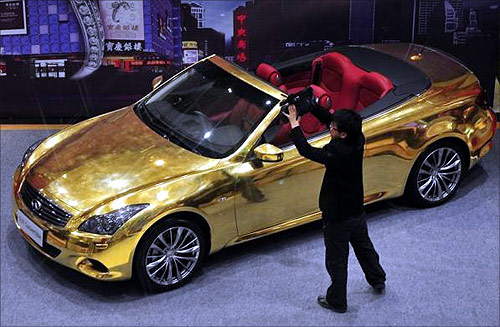 | « Back to article | Print this article |
Keeping an eye on China
China's leadership change has come at a particularly difficult time for the Asian giant, writes Abheek Barua
The US presidential elections, the impending fiscal cliff and lingering concerns about Europe seem to have diverted the markets' attention away from China's leadership change.
The fact, however, remains that China's transition and the ability of the new regime to grapple with the myriad problems of China's economy and its political system is just as important to the fate of financial markets as any other major global event or transition.
The markets ignore it at its own peril.
China's leadership change has come at a particularly difficult time for the Asian giant.
Click NEXT to read further. . .
Keeping an eye on China
Its headline growth rates have decelerated sharply and threaten to get stuck in the 7.5 to 8.5 per cent groove for the foreseeable future.
This structural shift in expected growth -- down from the searing double-digit growth of previous decades -- has naturally rubbed off on the performance of its equity markets and dampened external capital flows.
The Shanghai stock market index has lost about 11 per cent over the course of 2012. Slow growth coupled with a massive credit-fuelled stimulus package in the wake of the rekindled concerns about the health of its banking system.
Click NEXT to read further. . .
Keeping an eye on China
There is also a growing clamour for political reform and disturbing questions about the legitimacy of the Communist Party itself.
What, then, are the immediate priorities for the new dispensation at the helm of the government?
A comprehensive report by Goldman Sachs in November, "Top of Mind -- Demystifying the China Handover", based on both their internal analysis and interaction with outside experts tries to get answers.
There seem to be, broadly, three key reforms that China experts find imperative.
First, state monopolies need to be dismantled as they crowd out private investment and facilitate corruption.
Click NEXT to read further. . .
Keeping an eye on China
China's banking system also needs an overhaul particularly with the introduction of more foreign banks and availability of credit for the private sector.
Finally, they recommend a serious attempt at political reform that promotes an independent judiciary and credible rule of law.
Goldman's analysts also identify more nitty-gritty policy changes that are critical to China's health.
They push for pricing de-regulation for oil, commodities and services, such as airlines, that continue to be heavily regulated.
This has to be coupled with a change in tax structure away from indirect taxes and towards direct taxes like a resource tax and property taxes.
Click NEXT to read further. . .
Keeping an eye on China
Besides, both financial sector deregulation (freeing interest rates, liberalisation of insurance investment areas) and innovation (deepening the corporate and municipal bond markets) are essential.
Analysts argue that to take some of the political heat off the government, there has to be massive efforts towards pension, education and health care reforms.
The final item on the Goldman wish list is railway restructuring -- specifically the break-up of the ministry of railways into several parts to separate regulation and operation.
There is a fairly vocal 'alarmist' school among China experts, who claim that the end of the so-called 'China story' is nigh.
Click NEXT to read further. . .
Keeping an eye on China
The specific risk that the doomsayers point to is that of a crash in the visibly overheated housing market or an implosion in China's banking system.
Over the past year or so, anxieties about the state of the housing market have diminished (with the introduction of price controls and so on), while those regarding the banking system have actually escalated, keeping in mind the credit binge of the 2009-2011 period.
In these three years, credit grew by 32, 20 and 16 per cent, respectively.
However, while there is an urgent need for reform in the banking sector, a collapse might not be imminent.
Click NEXT to read further. . .
Keeping an eye on China
To support this claim, Goldman says total credit (consumer, government and corporate put together) to the gross domestic product in China is about 190 per cent, which is significantly lower than economies hit by a recent credit crisis.
The same ratio for the US is 261 per cent, the UK is 294 per cent and for Japan, it is 319 per cent.
Besides, China's bank liquidity is comfortable with a loan-deposit ratio of 68 per cent and 20 per cent of deposits in mandated reserves.
They apparently built sizeable provision cushion between 2004 and 2011 -- that can now be used to cover non-performing loans.
Click NEXT to read further. . .
Keeping an eye on China
So, how does one gauge and factor in the 'China risk'.
For one, it is likely that China's new regime will enjoy a honeymoon period for six months to a year when their policy transgressions might be forgiven.
Some of the macro-data prints, such as retail spending and housing, have improved over the past few months.
China's banking system will not face a systemic crisis immediately.
Thus, the first few months of 2013 might lull us into believing that all is well in the middle kingdom.
However, if Xi Jingping's administration is unable to face the long-term 'structural' challenges, China could go the way of Japan and Europe.
Click NEXT to read further. . .
Keeping an eye on China
The interplay of economic problems and political tension could turn China into another problem child for the global economy.
One hopes that the Chinese authorities do not spare the rod for too long.
Tailpiece: In a surprising turn of events, Mark Carney, the governor of the Canadian central bank, has been appointed the governor of the Bank of England, the UK's monetary policy authority and soon-to-be bank regulator.
Surely there are lessons in this for the Reserve Bank of India. More lateral entry perhaps instead of a 'cradle to the grave' cadre.
The author is with HDFC Bank. These views are personal
